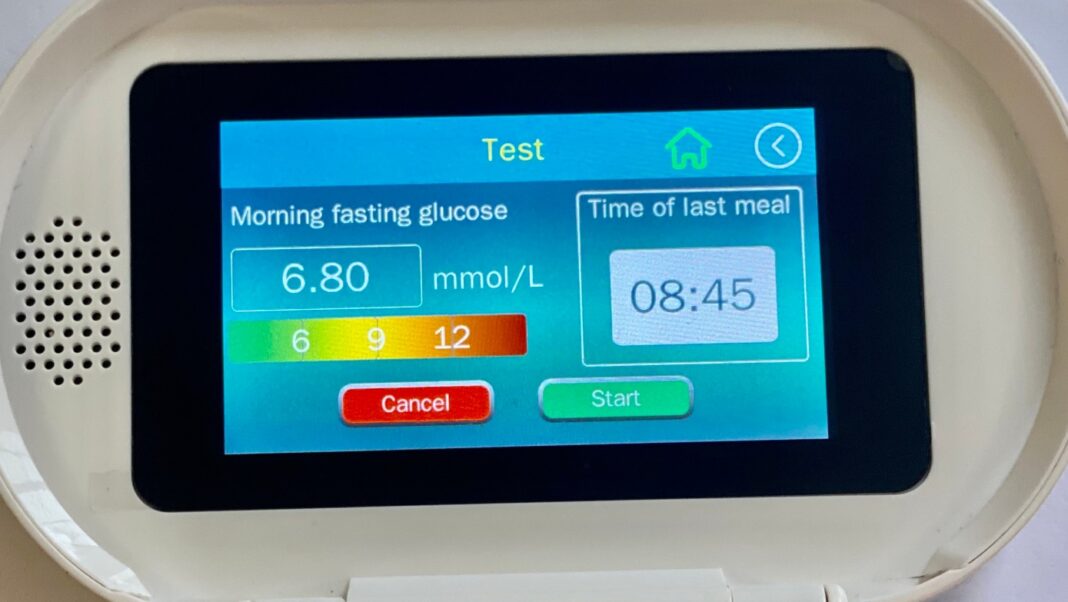For years, human beings saw their progressive tendencies more as a luxury than a necessity. This way, as you would expect, they were not able to fully realize their potential, and the direct result of that was a very long stay in mediocrity. Nevertheless, few right moves at the right time finally got us to see the light, which further set us up for something unprecedented. Now, following our moment of epiphany regarding continuous development’s importance, the next step was about collectively zeroing upon a long-term direction. The said situation inspired us to tinker with various avenues, and in all honesty, we did pick few bits and pieces from each one, but none of them delivered so sensationally like technology did. Technology appeared on the scene as a perfect complement to our tireless bids for growth. Even when we weren’t quite getting the desired results, we were learning in one way or the other, and that really made all the difference. The benefits of doing so will become apparent over time, with one important representation, of course, coming in the medical sector. After scaling up the global healthcare system beyond every pre-established expectation, we are now firmly placed for a next step forward. In fact, according to some recent events, we have already got the ball rolling.
Scanbo, an AI company, has successfully developed a prototype device, which talks to combining three-lead ECG measurement and a Photoplethysmogrom (PPG) for delivering a non-invasive brand of diabetes assessment. So far, the world has seen finger-prick blood monitoring system as the only way to gauge the said information, but Scanbo’s approach, if found sustainable, can potentially put an end to it. Once the device’s supposed 60 seconds-long measurement process is over, the generated data is then served to a set of algorithms. Using elements like machine learning convolutional neural network and deep neural network, it is able to produce an in-depth result without proving to be invasive at any stage. Apart from cutting-edge technological capabilities, Scanbo also takes great pride in being economically feasible.
“We see the needs from 400 million people in the world with type two diabetes, and most of the populations can’t afford glucometers — never mind continuous glucose meters. We are very, very cost-effective, and we can bring the cost down to as low as $20 a month. There is no biowaste, you don’t need any disposables, you don’t need strips or anything, just purely the machine learning algorithm,” said Ashissh Raichura, CEO and founder of Scanbo.
At present, the company is still yet to receive FDA approval, so it remains to be seen how things pan out on that front. However, Scanbo does plan on raising a seed and apply for neccassary approvals soon.


















